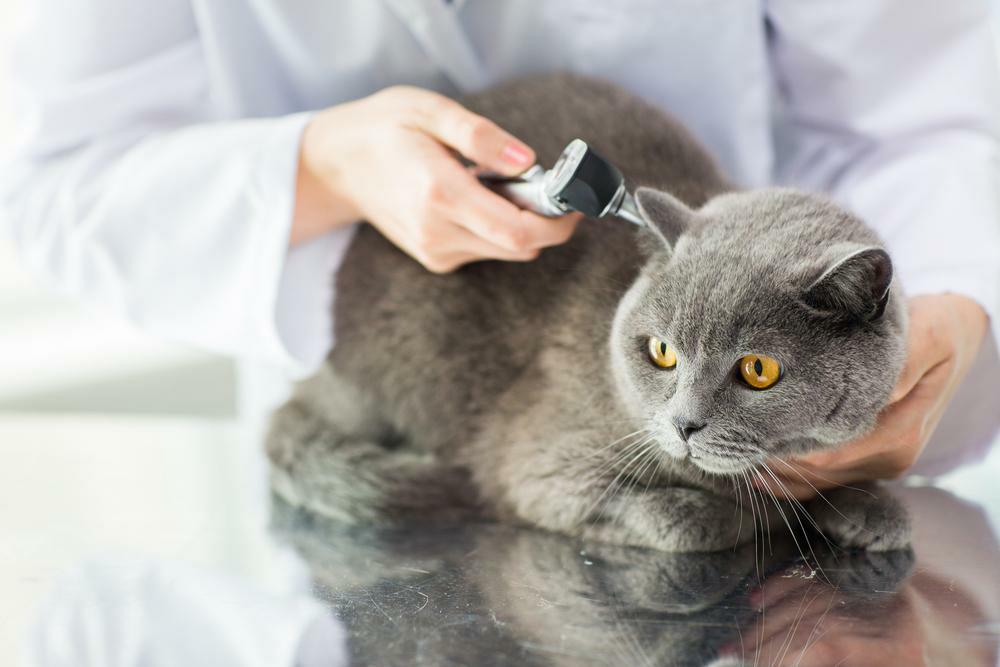
Common Emergencies for Cats
The best way to care for your cat in an emergency is to be prepared. Keep a first-aid kit at the ready with bandages, ointments, splints, towels and a muzzle; when frightened and in pain, even your sweet baby can bite as you try to help. Then you will be ready for common emergencies for cats with these tips from your Cambridge emergency vet, Emergency Veterinary Clinic of Waterloo Region.
When to Visit an Emergency Vet for Cats
When your cat is unwell, it’s important to know how to administer care at home and when to seek professional care. Visit an emergency vet for cats for the following:
Trauma
If your cat is bleeding from a serious injury, apply pressure with a towel to slow bleeding. If you suspect internal bleeding, a fracture or if bleeding doesn’t stop, seek immediate care.
Toxins
If you are concerned your cat ingested a toxin, call a vet or poison control; do not induce vomiting. Then bring the toxin with you to your emergency vet in Cambridge.
Seizures
During a seizure, move kitty to a safe place to prevent injury. If the seizure lasts longer than three minutes or cluster seizures occur, seek care.
Choking
When a cat chokes or paws at its throat, use your fingers to remove the obstruction. If you are unable to remove it or if it is a stuck string (never pull), go to your emergency vet in Cambridge. If breathing has stopped, call for instructions to administer the Heimlich maneuver.
Vomiting and Diarrhea
Vomiting and diarrhea can cause life-threatening dehydration. Seek care if it continues for several hours.
Make an Appointment with Our Vet
If your cat or dog has an emergency, your Cambridge emergency vet is here to help. Call us at (519) 650-1617.
